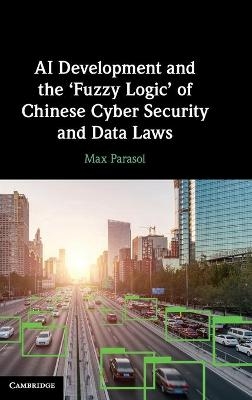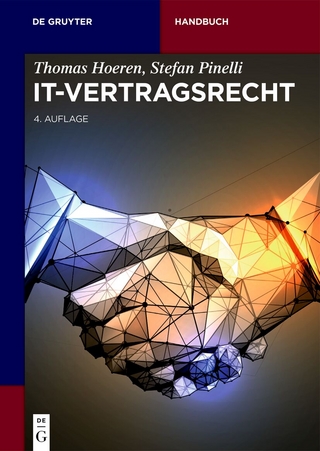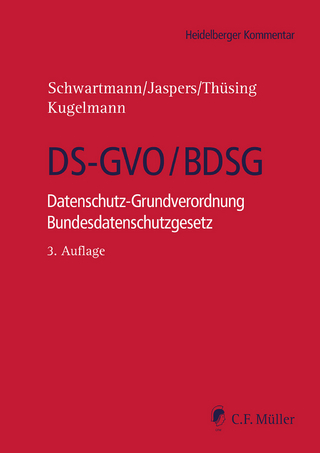
AI Development and the ‘Fuzzy Logic' of Chinese Cyber Security and Data Laws
Cambridge University Press (Verlag)
978-1-316-51336-1 (ISBN)
The book examines the extent to which Chinese cyber and network security laws and policies act as a constraint on the emergence of Chinese entrepreneurialism and innovation. Specifically, how the contradictions and tensions between data localisation laws (as part of Network Sovereignty policies) affect innovation in artificial intelligence (AI). The book surveys the globalised R&D networks, and how the increasing use of open-source platforms by leading Chinese AI firms during 2017–2020, exacerbated the apparent contradiction between Network Sovereignty and Chinese innovation. The drafting of the Cyber Security Law did not anticipate the changing nature of globalised AI innovation. It is argued that the deliberate deployment of what the book refers to as 'fuzzy logic' in drafting the Cyber Security Law allowed regulators to subsequently interpret key terms regarding data in that Law in a fluid and flexible fashion to benefit Chinese innovation.
Max Parasol is a Research Fellow at UNSW Sydney, researching FinTech. He is a qualified lawyer with extensive experience working in Private Equity. He completed a PhD from the University of Technology Sydney on the Chinese AI ecosystem. Previously he practised as a lawyer in Shanghai, Western Australia, and Victoria and completed a masters degree at Nanjing University/Johns Hopkins University in Chinese. As a Senior Fellow at Monash University, he created a unit about China's innovation ecosystem. He studied, researched and worked in China for more than five years and speaks, reads and writes Chinese.
Part I. Historical and Doctrinal Background: 1. Innovating in china's entrepreneurial ecosystem; 2. The extent of fuzzy logic: the tech giants and their 'illegal' legal structure; 3. China's cyber policies: conflict between innovation and restriction; 4. China's data security policies leading to the cyber security law; 5. The cyber security law: fuzzy logic in a touchstone law; Part II. Impact on Artificial Intelligence: 6. the impacts of data localisation on globalised ecosystems and Chinese tech development; 7. How fuzzy provisions in the cyber security law protect data but not data privacy: 'data protection shall not hinder AI'; 8. Why the current state of AI research is perfectly suited to China's fuzzy logic system; 9. Open-source Ai platforms and the cyber security law; Conclusion — effect of data localisation on Chinese AI innovation.
| Erscheinungsdatum | 06.12.2021 |
|---|---|
| Zusatzinfo | Worked examples or Exercises |
| Verlagsort | Cambridge |
| Sprache | englisch |
| Maße | 159 x 236 mm |
| Gewicht | 763 g |
| Themenwelt | Recht / Steuern ► EU / Internationales Recht |
| Recht / Steuern ► Privatrecht / Bürgerliches Recht ► IT-Recht | |
| Recht / Steuern ► Wirtschaftsrecht ► Handelsrecht | |
| ISBN-10 | 1-316-51336-X / 131651336X |
| ISBN-13 | 978-1-316-51336-1 / 9781316513361 |
| Zustand | Neuware |
| Haben Sie eine Frage zum Produkt? |
aus dem Bereich


